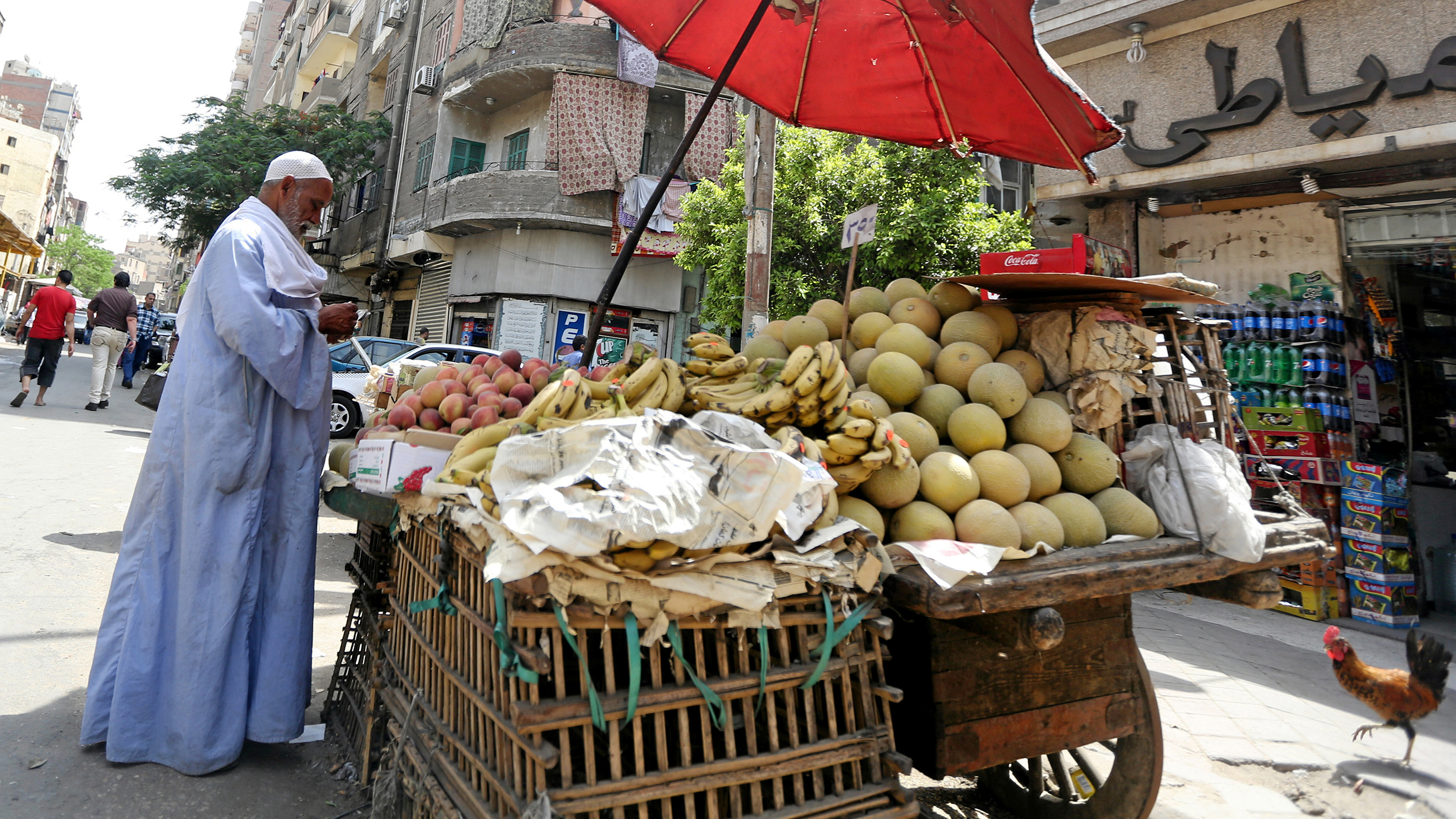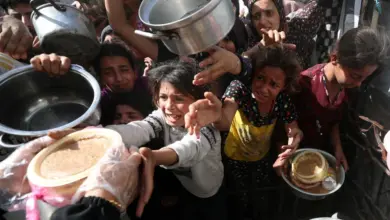
Egypt was unable to garner a single offer from wheat suppliers at its state grain tender on Friday, forcing it to cancel and raising renewed questions about its ability to tap global wheat markets while maintaining a ban on ergot fungus.
Friday's cancelation comes amid a flurry of cargoes either rejected or held from export since Egypt reinstated a zero tolerance policy on ergot last month and applied it retroactively to all outstanding contracts.
Ergot is a common grains fungus that can cause hallucinations when consumed in large amounts but is considered harmless in low quantities.
Egypt is the world's largest purchaser of wheat, on which it depends to run a bread subsidy programme that feeds tens of millions of its citizens and which may suffer if the zero ergot policy continues to block access to global grains.
This week a 60,000-tonne Russian wheat shipment was rejected at Novorossiisk after weeks of inspection. It was the second such GASC purchase which failed to make it past the port of origin following a 63,000 tonne Romanian cargo that fell through at Constanta earlier this month.
Both cargoes were contracted under the previous, less strict ergot rules that allowed for up to 0.05 percent in shipments, a common international standard that state grain buyer, GASC, had adhered to until last month's change.
Russia, one of Egypt's largest wheat suppliers, said on Friday it would ban the import of Egyptian fruit and vegetables after its regulatory watchdog said that the produce had violated international norms, without specifying.
GASC could not be immediately reached to confirm the cancellation and the agriculture ministry spokesman did not respond to repeated requests for comment.
"The risk of offering in GASC's tenders is simply too high at the present time. It is foolish to offer something you know you cannot deliver and zero ergot is not possible," one European trader said, echoing the view of several others.
Breaking point
The decision to apply Egypt's zero tolerance policy on contracts made under the old rules has infuriated traders, who insist that their deals should be honoured.
Eight shipments yet to arrive in Egypt were purchased under the 0.05 percent rule but are now being scrutinised.
Egypt cancelled its last wheat tender on Aug. 31 after receiving just a single offer. That was GASC's first tender since formally reinstating the zero-content policy on ergot, which traders say is impossible to guarantee.
Traders say they expect a decision on the outstanding contracts to be made early next week.
"Hopefully the cabinet can come up with a solution for these eight shipments and for forthcoming tenders by Monday," one Cairo-based trading source said.
Quarrels have persisted between the state's agricultural quarantine authority, which has maintained a zero tolerance policy since late last year, and ministries that support the international norm.
Inconsistent policy statements from the government and rapid changes in legislation governing the issue has sown confusion among suppliers and frustrated GASC's attempts to make purchases.
On Aug. 28 Egypt reinstated the ban on imports of wheat with even the smallest amount of ergot content. This baffled global suppliers who thought the matter had been settled by an earlier agriculture ministry decree passed in July adopting the common international standard.
Some traders saw GASC's attempt to seek tenders on Friday, just days after cargoes had been rejected and held up from shipment abroad, as intentionally designed to fail.
"I suspect GASC wants to show the other Egyptian government departments that international tenders with zero ergot level are impossible, which I think they are," another European said.
Traders say the government's experiment with maintaining stringent quality control out of step with the rest of the world will soon be running against the clock.
"The Egyptian government will soon be facing the time when it has to find a solution to the ergot problem if its people want to eat," the European trader said.




